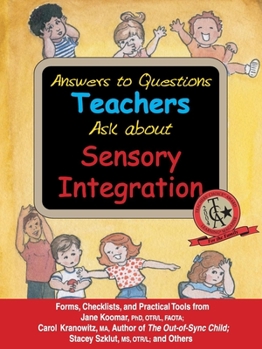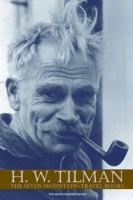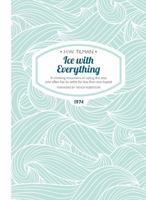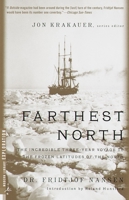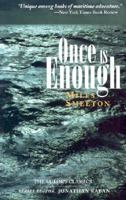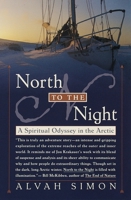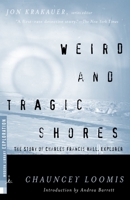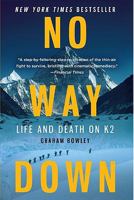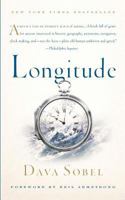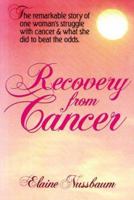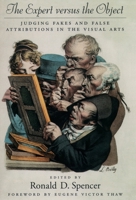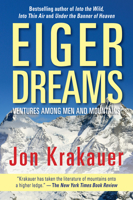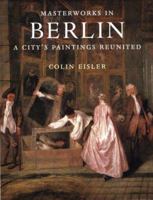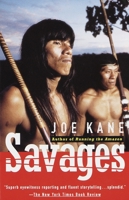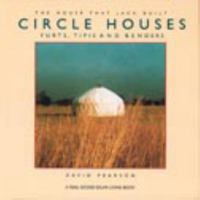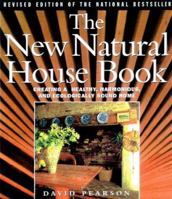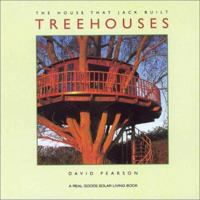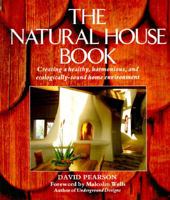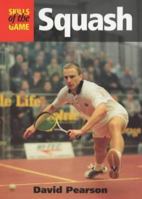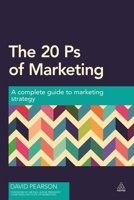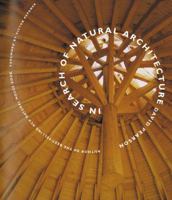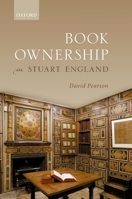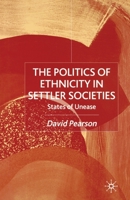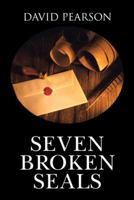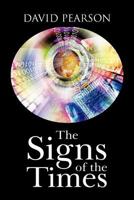Answers to Questions Teachers Ask about Sensory Integration: Forms, Checklists, and Practical Tools for Teachers and Parents
Select Format
Select Condition 
You Might Also Enjoy
Book Overview
In this elegant approach to the often-elusive subject of sensory integration, Carol Kranowitz, M.A. (author of the best-selling book The Out-of-Sync Child) and expert occupational therapists Stacey Szklut, MS, OTR/L, Lynn Balzer-Martin, PhD, OTR, Jane Koomar, PhD, OTR/L, FAOTA, Elizabeth Haber, MS, OTR/L, and Deanna Iris Sava, MS, OTR/L, have assembled an extensive and easy-to-use set of checklists and other tools that will be invaluable to every teacher (and parent) who has children with sensory processing challenges.
Understand how Sensory Processing Disorder may interfere with a child's motor coordination, muscle tone, fine motor skills, visual perception, and relationships with others
Discern a child's unique pattern of out-of-sync behavior
Help a child recover after a meltdown
Develop strategies to prevent future meltdowns
Approach a child who is simultaneously oversensitive to one kind of stimulation and undersensitive to another kind
Help children identify their own needs for the right amount of sensory stimulation
Collaborate with parents, occupational therapists, and other professionals on a child's behalf
Provide a safe, appropriate, "sensory diet" in the classroom that will benefit all students
Structure a calm and organized classroom
Manage his or her own behavior when a child "pushes those buttons"
You'll find tried-and-true instructions for developing fine-motor, "organizing," and motor-planning skills, and for providing an appropriate "Sensory Diet" that will benefit all your students. Checklists help you identify students who have difficulty processing sensory information. With up to 20% of the students in any given classroom affected by Sensory Processing Disorder, Answers to Questions is an invaluable resource for teachers of preschool through high school.
Winner of Learning magazine's Teachers' Choice Award, this book and the tools within it will help teachers learn how to:
Recognize Sensory Processing DisorderUnderstand how Sensory Processing Disorder may interfere with a child's motor coordination, muscle tone, fine motor skills, visual perception, and relationships with others
Discern a child's unique pattern of out-of-sync behavior
Help a child recover after a meltdown
Develop strategies to prevent future meltdowns
Approach a child who is simultaneously oversensitive to one kind of stimulation and undersensitive to another kind
Help children identify their own needs for the right amount of sensory stimulation
Collaborate with parents, occupational therapists, and other professionals on a child's behalf
Provide a safe, appropriate, "sensory diet" in the classroom that will benefit all students
Structure a calm and organized classroom
Manage his or her own behavior when a child "pushes those buttons"
Finally, this book will help teachers to always remember that these are good children who are trying their best in a confusing world
Contents include: What Is Sensory Integration? What Is Occupational Therapy? How to Get the Most Out of Answers to Questions Teachers Ask Comparison of Typical Sensory Processing & Sensory Processing Disorder Organizing Sensory Input and Activities for the Classroom Classroom Accommodation Checklist Infants and Toddlers Checklist (Birth to Age Two) Preschool Checklist (Age Three to Four) School-Age Checklist (Age Five to Twelve) Adult/Adolescent Checklist (Age Twelve and Up) Balzer-Martin Preschool Screening--Teachers Checklist Characteristics of Tactile Dysfunction Characteristics of Vestibular Dysfunction Characteristics of Proprioceptive Dysfunction Characteristics of Visual Dysfunction Characteristics of Auditory Dysfunction Heavy Work Activities List for Teachers And more
Format:Paperback
Language:English
ISBN:1932565469
ISBN13:9781932565461
Release Date:August 2001
Publisher:Sensory Focus LLC
Length:63 Pages
Weight:0.42 lbs.
Dimensions:0.1" x 8.3" x 10.8"
Related Subjects
Language Arts Literature & Fiction New Age Religion & Spirituality Writing Writing SkillsMore by David Pearson
Customer Reviews
1 customer rating | 1 review
There are currently no reviews. Be the first to review this work.









